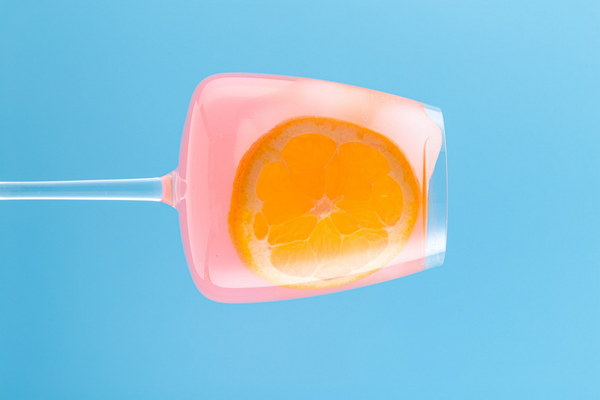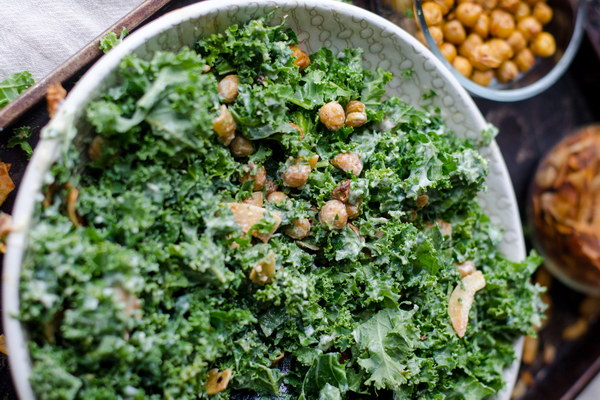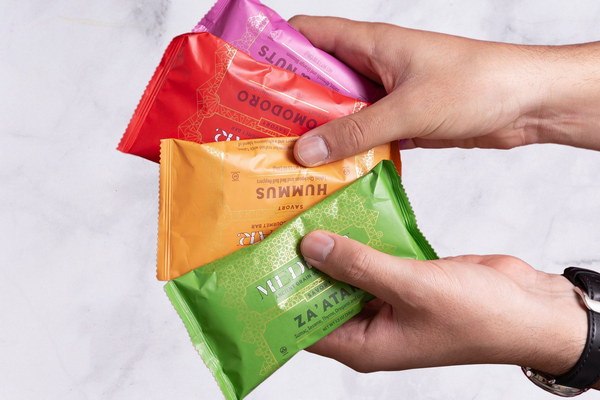Boosting Liver Health Nurturing Your Liver When Digestion Slows Down
In the intricate dance of our body's systems, the liver plays a pivotal role in processing nutrients and eliminating toxins. However, when digestion slows down, it can put additional strain on this vital organ. Here's how to nurture and protect your liver when your digestive system is less efficient.
Understanding the Link Between Digestion and Liver Health
The liver and the digestive system are closely intertwined. When your digestion is functioning optimally, the nutrients from your food are absorbed efficiently, and the liver can focus on its detoxifying duties. But when digestion slows, it can lead to a build-up of waste products and an increased workload for the liver.
1. Eat a Balanced Diet
A balanced diet is crucial for supporting both your digestive system and your liver. Focus on incorporating a variety of whole foods, including:
- Fruits and Vegetables: High in fiber and essential nutrients, these foods help maintain regular bowel movements and support liver health.

- Lean Proteins: Proteins aid in digestion and help with the production of enzymes that the liver needs.
- Healthy Fats: Good fats, such as those found in avocados, nuts, and olive oil, can help with the absorption of fat-soluble vitamins and support liver function.
2. Stay Hydrated
Water is essential for digestion and helps flush out toxins from the liver. Aim to drink at least 8 glasses of water a day to keep your body hydrated and your liver supported.
3. Manage Stress
Chronic stress can have a negative impact on both your digestive system and liver. Techniques such as meditation, yoga, or deep-breathing exercises can help manage stress levels and promote overall well-being.
4. Regular Exercise
Physical activity can improve digestion and help maintain a healthy weight, which is important for liver health. Even a daily walk can make a significant difference.
5. Avoid Harmful Substances
Substances like alcohol, tobacco, and certain medications can be harmful to your liver. Minimizing your intake of these can help protect your liver from further damage.
6. Consider Supplements
In some cases, supplements may help support liver health. Milk thistle, turmeric, and artichoke are commonly used to support liver function. However, it's important to consult with a healthcare provider before starting any new supplement regimen.
7. Practice Gentle Detoxification
Occasional gentle detoxification can help support your liver. This can include practices like dry brushing, saunas, or following a detox diet that emphasizes fruits, vegetables, lean proteins, and healthy fats.
8. Regular Check-ups
Regular health check-ups can help detect any potential issues with your liver early. Blood tests can measure liver enzymes, bilirubin levels, and other markers of liver health.
Conclusion
Maintaining a healthy liver is a multifaceted endeavor that involves a combination of diet, lifestyle, and mindfulness. When digestion slows down, it's essential to be proactive in supporting your liver. By adopting these strategies, you can help ensure that your liver remains strong and efficient, even when your digestive system isn't at its best.
Remember, the key is balance and consistency. Small, sustainable changes to your daily routine can have a significant impact on your liver health and overall well-being.









